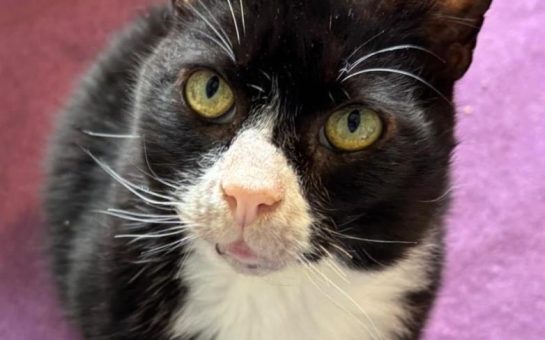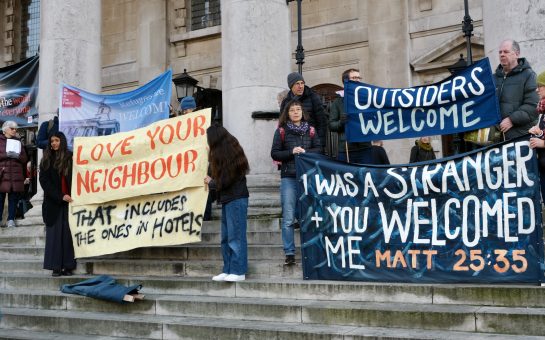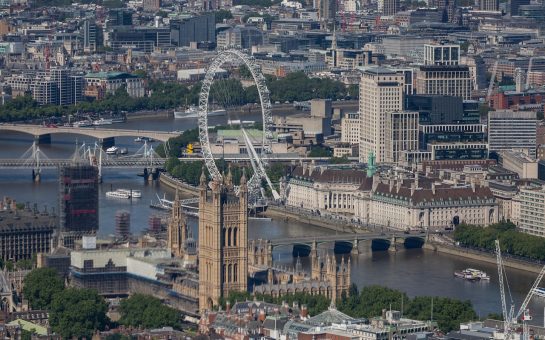It’s that time of year when most of us would be thinking about buying a new outfit for a packed calendar of festive events throughout December.
However, unless those events see us eating a substantial meal with five friends outside, then we’ll probably be doing a few more events on Zoom instead of hitting the pub.
With only our top halves on show, we probably can’t validate a whole new outfit and if anything, this year could provide the ideal opportunity for us to re-evaluate our relationships with our wardrobes altogether.
Figures from WRAP suggest the UK throws away an estimated 350,000 tonnes of clothing every year and fast fashion sees a constant cycle of new clothes for us to buy.
Fast fashion refers to the mass production of clothing at a cheap price, often in response to new trends.
According to the Ellen MacArthur Foundation, textile production is a major contributor to climate change and its carbon footprint is more than international flights and maritime shipping combined.
For the charity TRAID, who have a charity shop in Brixton, their concern is about the environmental and social issues associated with fast fashion.
TRAID head of communications Leigh McAlea said: “Fast fashion’s environmental and social record is appalling.
“It’s a model that relies on producing cheap, disposable clothing designed to be quickly replaced.
“For clothes to be this cheap, its workers – usually located in some of the world’s poorest places – are routinely exploited and mostly work in dangerous undignified working conditions.”
Statistics from global trade union IndustriALL reveal over 90% of workers in the global garment industry have no possibility to negotiate their wages and conditions.
While these problems may seem too big and complex for individuals to fix, McAlea believes that we can make changes.
A recent YouGov survey for TRAID found that 23% of Londoners clothes are unworn.
She said: “One of the most practical steps you can immediately take is to buy second-hand wherever possible.
“Support local repair services to extend the life of your clothes. When buying new, choose ethical labels – those which aim to support its workers and protect the environment – and choose organic cotton and pieces made to last.”
Research by the Hubbub Foundation suggested that 17% of young people questioned said they wouldn’t wear an outfit again if it had been on Instagram.
Katya Essery owns a sewing workshop called Sew Pretty in Wimbledon and through her sewing classes speaks to people, especially teenagers, about the negative impacts of fast fashion.
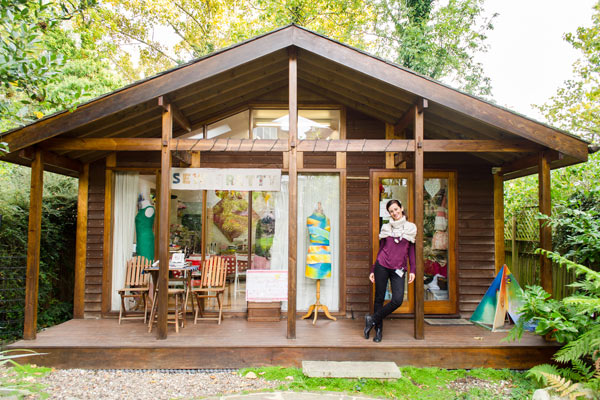
She said: “We try to make everyone aware of what goes into the fashion or textile industry and all the pollution and chemicals that go into dying clothes and the fact that it is not very sustainable to buy fast fashion.
“We try to push people to do more alterations or do more upcycling with their clothes.
“I am passionate to talk about this during the lessons but especially with teenagers.”
Essery believes that by making your own clothes you appreciate how complex it is and appreciate the work that goes into each garment, therefore you buy less.
However, making your own clothes also fills you with a sense of achievement.
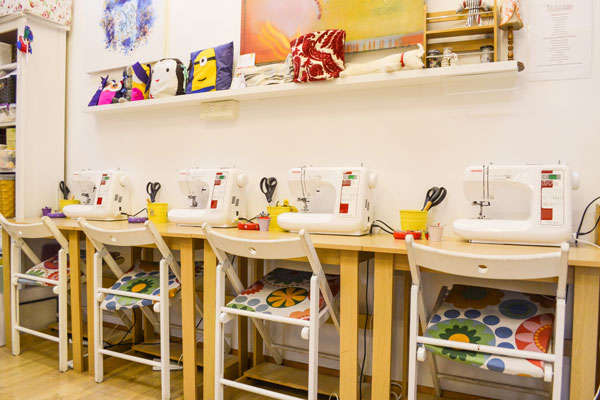
She said: “It’s an amazing feeling to be able to take a piece of fabric and turn it into something you can shape and make fun and make it personalised to your own tastes.
“Most of our students tend to wear more of the clothes they make than the items they buy as they are very proud of them and there is an element of showing off when you have made something yourself.”
So if you really want to impress people with your outfit this year, why not come out with a story of how you upcycled a forgotten item, found a hidden gem in a charity shop or even made your own top.
You can book sewing lessons with Sew Pretty here and find out more about TRAID here.
Main image credit: Leigh McAlea
